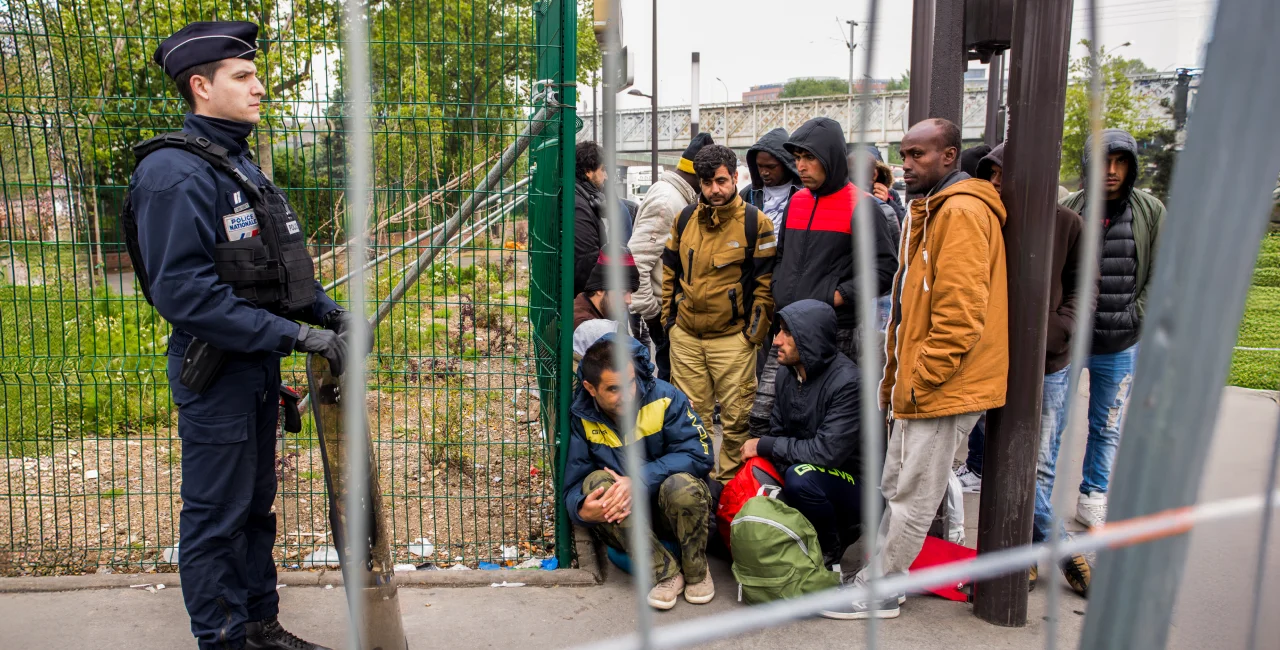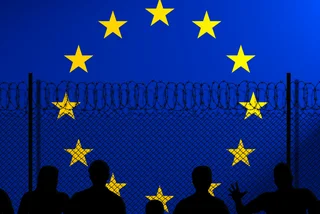Seventeen European countries, including Czechia, are calling for a "paradigm shift" in migration policy to ensure asylum seekers whose applications have been declined are swiftly sent back to their home countries. This follows Czechia’s previous refusals to vote on the EU’s Migration and Asylum Pact and erring stance in the first half of 2024.
The group, which includes bordering countries Germany, Austria, and Slovakia, is urging the European Commission to change the way it returns migrants, making the system more efficient and effective. According to a document agreed upon by the countries' representatives, asylum seekers whose applications have been rejected must be sent back to their home countries much more efficiently and quickly than the current rate. France, Greece, Italy, and Sweden were also signatories to the document.
PARTNER ARTICLE
The present, active Return Directive, put forward in 2005 and adopted in 2008, aimed to set minimum safeguards, standards, and procedures for return. However, the countries argue that almost 20 years have passed, and the situation has changed considerably, making the current legal framework no longer sufficient to reflect the current needs of states, international news outlet Euronews reports.
The joint call comes as EU interior ministers – including Czech Interior Minister Vít Rakušan – are set to gather in Luxembourg this Thursday to discuss migration, and ahead of a two-day EU summit in Brussels next week.
According to the country's Interior Ministry, Czechia registered over 1,300 applications from asylum seekers – predominantly from the Middle East – in 2023. The debate on asylum seekers sparked fierce debate earlier this year domestically, with the Czech opposition calling the EU’s migration package a “betrayal” and that “illegal migration threatens European security, its values, and the local way of life.”
Rakušan voiced more positivity: the pact “will allow for more effective protection of the EU’s external borders and faster deportations,” he had noted.
The 17 EU countries say that the new approach in return policy should have "consequences" for those who have been ordered to return to their country of origin but have never left the continent. "Non-residents must be held accountable. A new legal basis must clearly define their obligations and duties," the document states.
The EU has struggled to improve the deportation rate of asylum seekers whose applications have been turned down, with the current rate hovering around 30 percent. In light of the current situation, Germany – which has seen thousands of rejected asylum seekers stay on its territory – recently reintroduced checks at all its land borders.













 Reading time: 2 minutes
Reading time: 2 minutes 
























